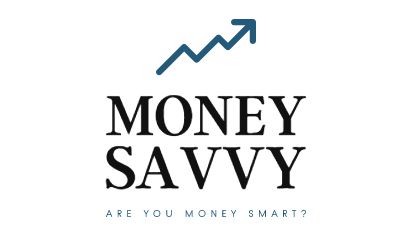Businesses are complaining that it’s not only a lack of lending from banks that is making them cut spending, but also the “stickiness” of inflation that is hovering over the UK.
Even though the CPI index, generally considered to be a good indication of how much the cost of living is increasing by, has dropped to 2.5% from its high of 5.2% last year, current figures are still much higher than most people would like and there is a risk that they could rise again.
This squeeze on consumer spending is being blamed by businesses for a lack of investment. Even in situations where there is financing available to fund growth and development, companies are deciding not to go ahead with it as they are unsure it will pay off. As people find there is less and less of their pay cheque left each month, they are unlikely to want to start spending more on new things that businesses make available to them, which reduces the confidence of the businesses themselves.
This, of course, is seen as one of the biggest reasons for the double-dip recession. Businesses not taking the risks that they might otherwise have taken has led to few jobs being created and stagnation in the economy, which means less money is moved around and revenues are smaller, making paying employees that much harder. Every negative effect leads to another, creating a vicious circle that nobody has, so far, been able to break.
With a lack of finance hitting businesses who want to expand and a lack of confidence hitting those who do have capital, there seems to be no way for growth to appear. This is exactly why there have been so many calls recently, including by business leaders, for the government to boost public spending and kickstart the economy itself.
